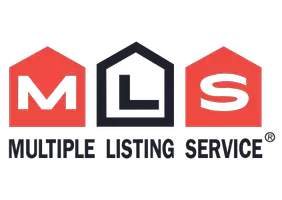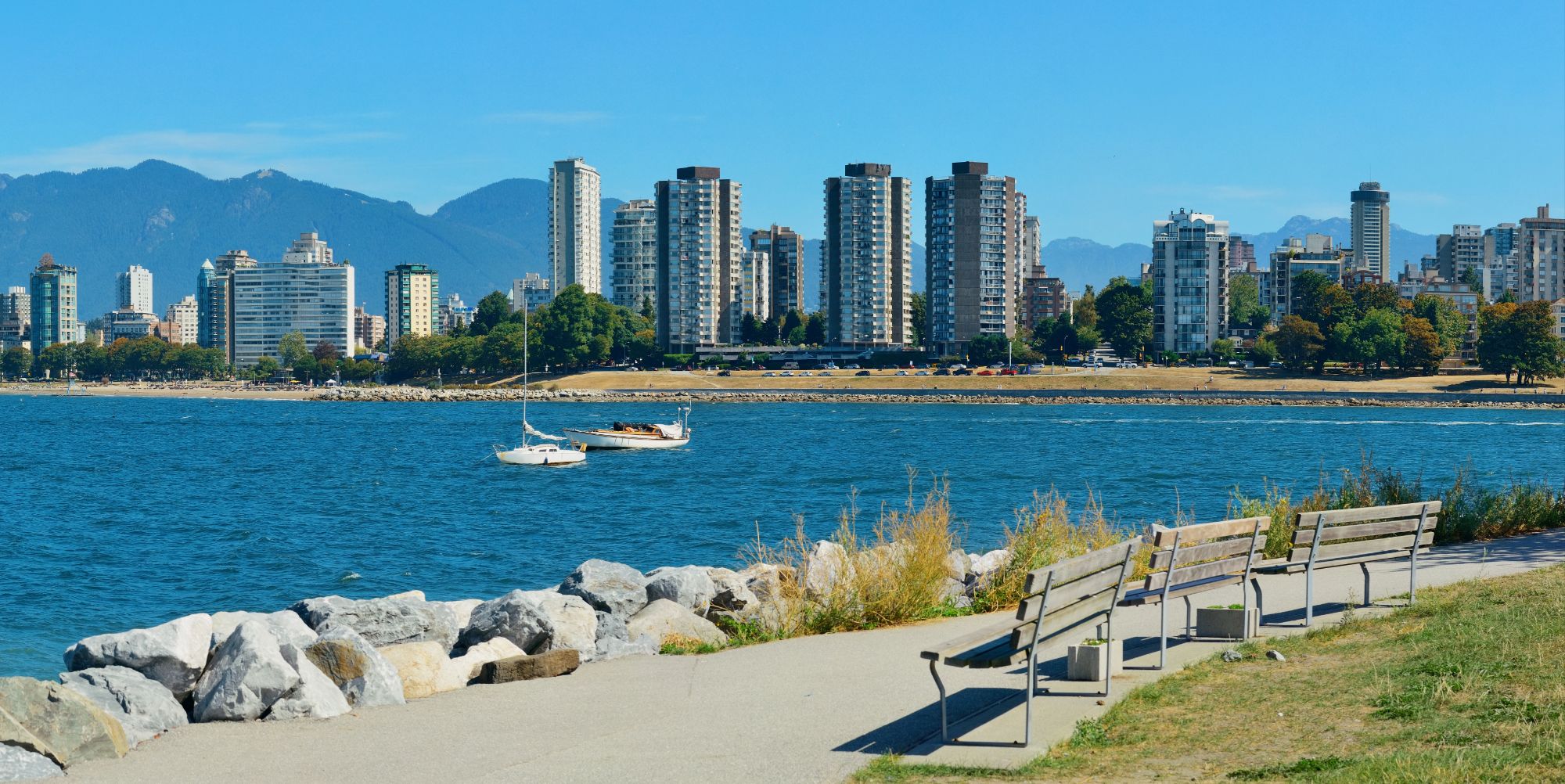Vacancy Taxes in Vancouver & BC: What Every Buyer Should Know Before You Purchase
Buying a home in Vancouver — or anywhere in Metro Vancouver — is an exciting step. But before you sign the paperwork, there’s something important you should be aware of: vacancy taxes.
These taxes were created to encourage property owners to live in or rent out their homes, helping address housing supply challenges. However, if you’re not familiar with the rules, these taxes can result in unexpected — and expensive — bills.
1. The Two Types of Vacancy Taxes
If you own property in Vancouver, you may be subject to two separate vacancy-related taxes, depending on where your property is located. It’s crucial to understand how each works.
A. Empty Homes Tax (EHT) – City of Vancouver
-
Who it applies to: All Class 1 residential properties in the City of Vancouver.
-
When it applies: If your home is left unoccupied for more than six months in a calendar year and it is not your principal residence.
-
Current rate: 3% of the property’s assessed taxable value (e.g., a $1M home could mean a $30,000 tax).
-
Declaration requirement: Every owner must file an annual declaration, even if the property is occupied.
-
Deadline: Usually early February each year.
-
More info: Vancouver Empty Homes Tax
Example:
If you purchase a condo in Vancouver as a vacation home and only visit for three months a year without renting it out, you could face the EHT unless you qualify for an exemption.
B. Speculation and Vacancy Tax (SVT) – Province of BC
-
Who it applies to: Residential properties in designated regions, including Metro Vancouver, Victoria, Kelowna, Nanaimo, and more.
-
Rates (2025):
-
0.5% for Canadian citizens and permanent residents.
-
2% for foreign owners or satellite families.
-
-
Changes in 2026:
-
Rates increase to 1% (Canadian residents) and 3% (foreign owners/satellite families).
-
BC resident tax credit doubles to $4,000.
-
-
Declaration requirement: All owners must declare occupancy annually, regardless of use.
-
Deadline: March 31 each year.
-
More info: BC Speculation & Vacancy Tax
Example:
If you own a property in Burnaby but primarily live outside BC, you may be considered part of a “satellite family” and taxed at the higher rate unless you meet certain criteria.

2. Why Buyers Need to Pay Attention
Here’s what you should keep in mind before you buy:
Mandatory Declarations
Both EHT and SVT require you to declare occupancy every year. Even if your home is your principal residence, skipping the declaration can result in the highest applicable tax being charged automatically.
Penalties and Interest
If you miss deadlines or fail to submit proper documentation, you could face penalties, interest, and large tax bills.
Occupancy Proof
You may need to provide evidence of occupancy — such as utility bills, tenancy agreements, or travel records — if audited.
Impact on Investment Properties
If you plan to keep the property vacant for long periods, these taxes could significantly reduce your return on investment.
Exemptions Exist, But They’re Not Automatic
Common exemptions include:
-
The property is undergoing major renovations.
-
The owner is in medical care.
-
The property was recently built and unsold.
-
The property is uninhabitable due to a natural disaster.
You must apply for exemptions and provide proof.
3. Timelines Matter
-
Immediately after purchase: Verify whether the property is in Vancouver or another SVT region.
-
Within your first year of ownership: Ensure you understand occupancy requirements and keep documentation.
-
Annually: Mark your calendar for declaration deadlines (EHT: early February, SVT: March 31).
4. The Cost of Not Knowing
Consider this:
Buying a $1.5M Vancouver property as a secondary home could mean:
-
EHT: $45,000 annually if vacant.
-
SVT: Another $7,500–$30,000 annually, depending on residency status.
That’s over $75,000 in vacancy taxes in a single year — money you may not have budgeted for.
5. How to Protect Yourself as a Buyer
-
Work with a knowledgeable Realtor who can flag properties in tax zones.
-
Consult with a lawyer or accountant before making an offer if you’re unsure about your intended use.
-
Ask the seller for past vacancy tax declarations to confirm compliance.
-
Factor taxes into your budget if you plan to keep the property vacant.
-
Set reminders for annual filings.
💡 Pro Tip: Even if you think you won’t be affected, always file your declarations. Many owners are caught out simply because they missed the paperwork.

Final Thoughts
Understanding how the vacancy tax works—and whether it applies to your property—is essential for avoiding unexpected costs. If you’re unsure about your obligations or if you’re planning to sell or buy property that may be subject to this tax, professional guidance can save you time, stress, and money.
Please seek legal advice from John Carlisle and consult with your local Realtor if you are considering buying or selling property.
Categories
Recent Posts
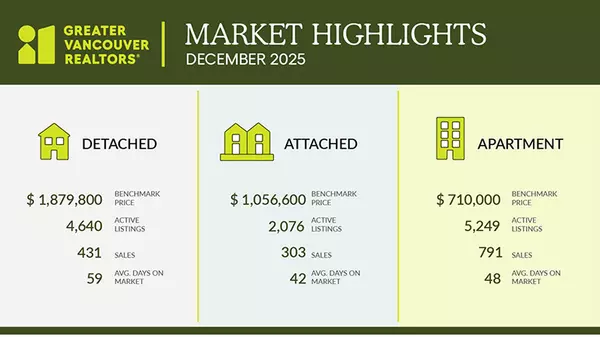

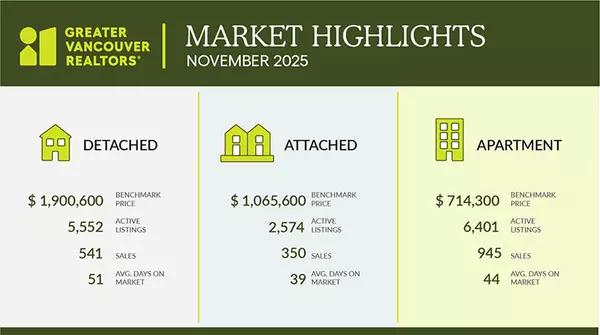


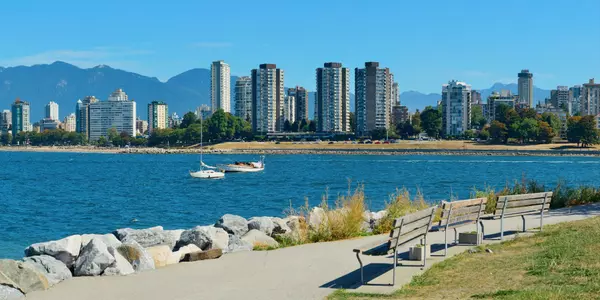




GET MORE INFORMATION


